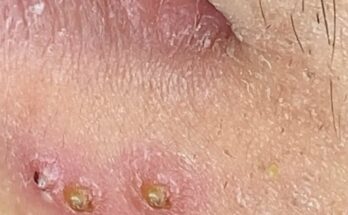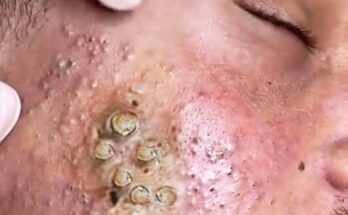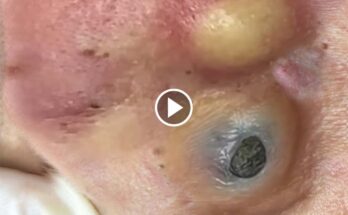While alcohol may feel like a shortcut to relaxation, its impact on your sleep is more disruptive than it seems. Many people assume a nightcap helps them unwind and fall asleep faster — and while that might be true initially, the overall effect of alcohol on sleep quality is surprisingly negative.
Alcohol acts as a sedative, which can help you fall asleep quickly. However, as your body begins to metabolize the alcohol, it disrupts the sleep cycle — particularly in the second half of the night. You’re more likely to experience frequent awakenings, lighter sleep, and reduced REM (Rapid Eye Movement) sleep, the stage critical for memory consolidation, emotional regulation, and brain restoration.
This disruption can leave you feeling groggy, unfocused, and irritable the next day, even if you technically got enough hours of sleep. Over time, habitual alcohol use before bed can lead to chronic sleep disturbances, affecting mental clarity, mood, and immune function.
Additionally, alcohol can relax throat muscles, increasing the risk of snoring and sleep apnea, especially in those already prone to these conditions. It also acts as a diuretic, prompting more frequent trips to the bathroom and further fragmenting your rest.
To improve sleep naturally, it’s best to avoid alcohol 3–4 hours before bedtime. Opt for calming alternatives like herbal teas, magnesium-rich snacks, or breathing exercises. These can help ease your body into sleep without interfering with its natural rhythms.

Understanding how alcohol affects sleep is a powerful step toward better rest. By making mindful evening choices, you can enjoy deeper, more restorative sleep — and wake up truly refreshed.



